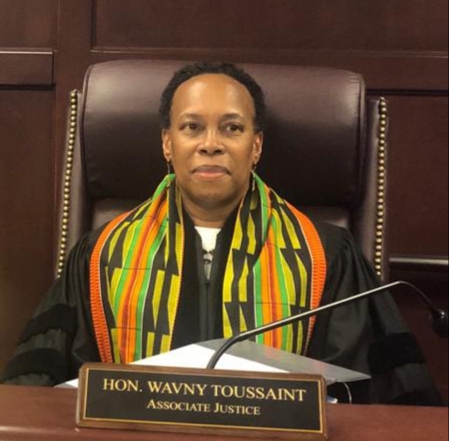Brooklyn judge from Trinidad and Tobago wants others to experience her American dream

Justice Wavny Toussaint first moved to Brooklyn as an, in her words, awkward, skinny teenager from Trinidad and Tobago who had to wear an eyepatch because of a lazy eye. She didn’t have big plans for her future at the time as she was just trying to get used to her new surroundings.
“My parents moved here because they wanted more opportunity for me and my two sisters,” Justice Toussaint said. “My mom came first and worked in other people’s homes caring for children other than hers so she could get her green card and bring us here too.”
In the summer of 1973, Toussaint moved to Crown Heights into a home her parents had just bought. She enrolled in South Shore High School and eventually City College in Manhattan.

Brooklyn Boro
View MoreNew York City’s most populous borough, Brooklyn, is home to nearly 2.6 million residents. If Brooklyn were an independent city it would be the fourth largest city in the United States. While Brooklyn has become the epitome of ‘cool and hip’ in recent years, for those that were born here, raised families here and improved communities over the years, Brooklyn has never been ‘uncool’.